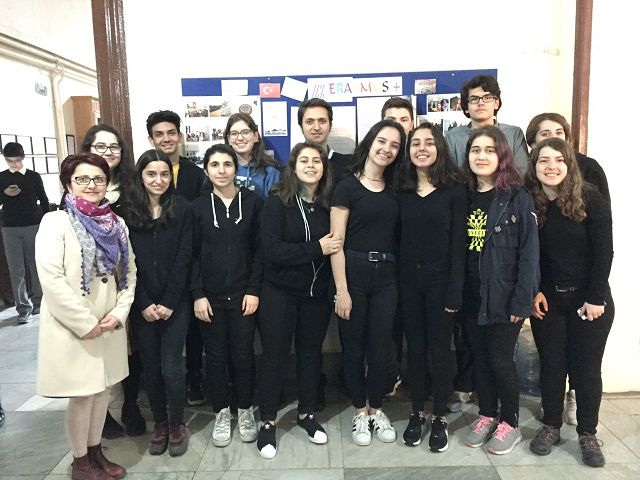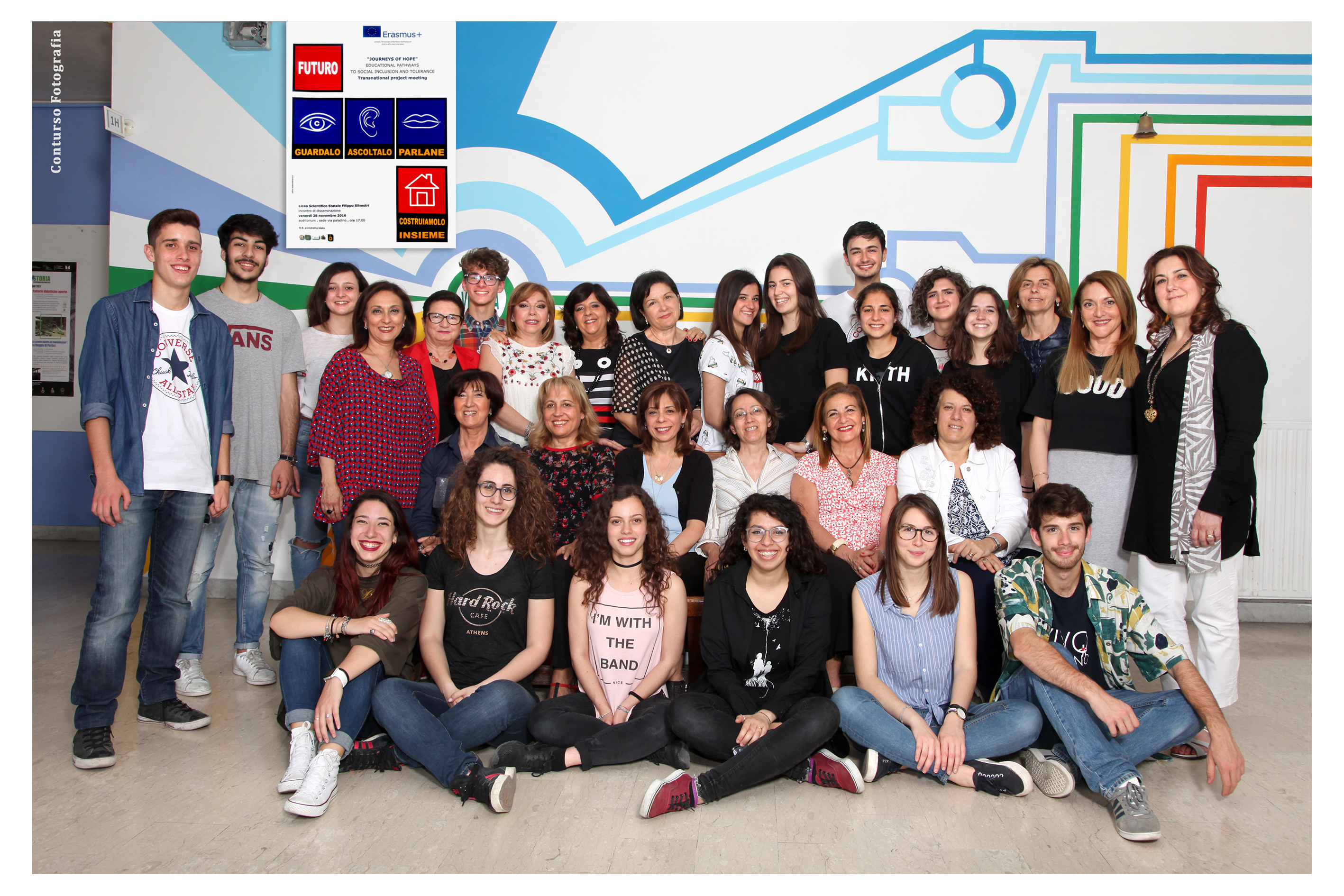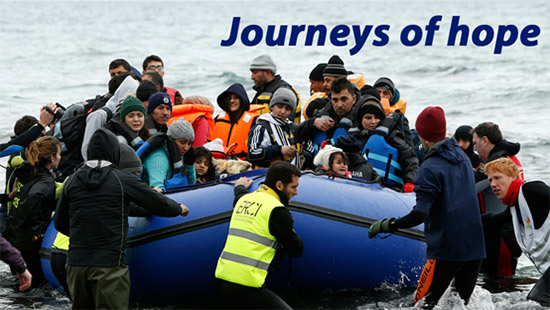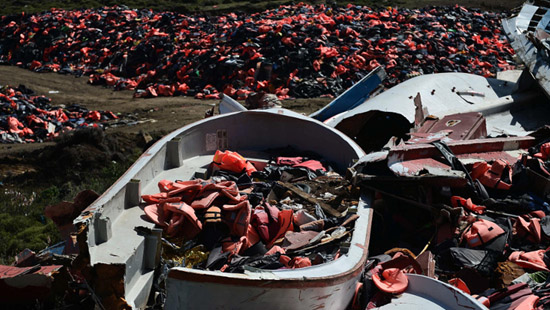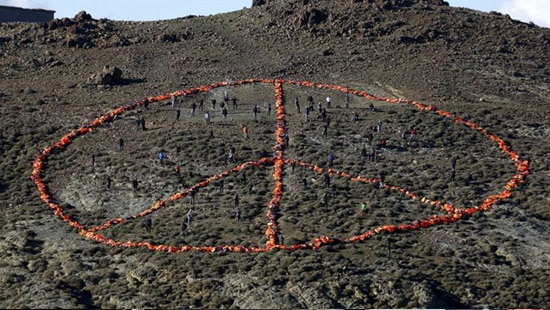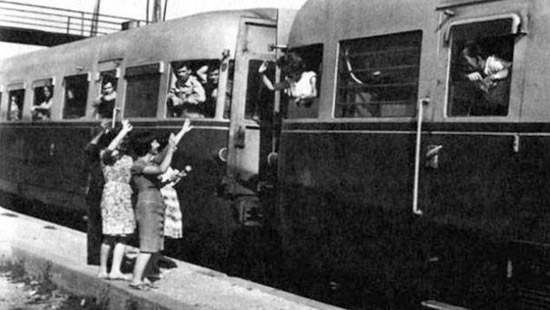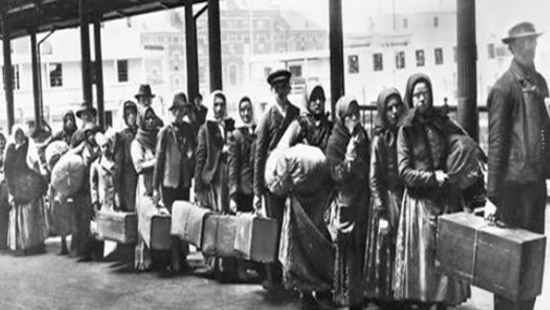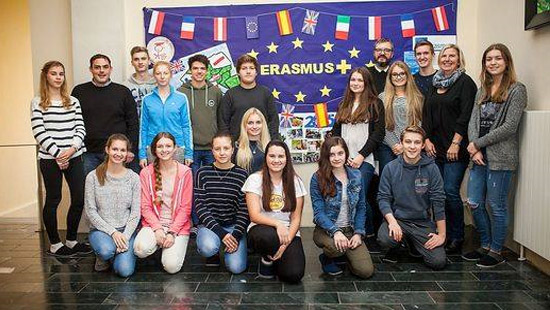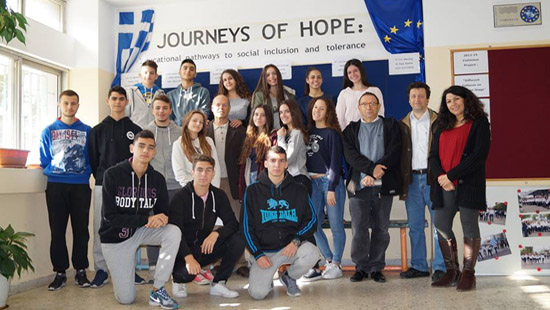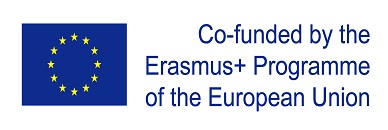Europe is facing the greatest refugee crisis since the World War II. About one million refugees and migrants arrived in Europe in 2015, Europol estimates, 27% of these are children. Unfortunately many of them – the shocking images of Aylan Kurdi, the dead Syrian boy on the Turkish coast during his escape toward hope, represent certainly the most significant and touching testimony of this crisis – never reach a European coast.
This means that the future European school population will be increasingly characterized by multiple cultures and values. At first, these issues seem remote from the students’ daily lives in their respective countries but, taking a closer look, it becomes evident that one’s future job is no longer limited to one’s country of origin, since moving and working to other European countries has become easier. Therefore, dealing with a (common and individual) national and European identity has become a necessity.
A question arises about how Europe and its member states can cope with the situation and the resulting challenges. For the EU –whose fundamental principles are peace, subsidiarity, reciprocal solidarity and a humanism centred on respect for the dignity of the human person – accommodation and integration in fact represent a major challenge.
Based on the most recent guidelines, due to the needs and environmental analyses carried out and in particular the evaluation and testing of relevant key figures as well as results from field-testing and the increasing number of registrations of pupils with disadvantaged background, this strategic partnership endeavors to pursue the aforementioned horizontal and branch-specific priorities.
We need to widen our horizons and to understand the importance of migration and the positive effects of it, inter alias:
- highlight the advantages of living in a multicultural, open minded Europe
- promote an understanding of the situation of refugees, the problems they have to face and a culture of hospitality for people seeking asylum in the European Union
- motivate students to a more energetic involvement in concrete social settings, such as integration of refugees or even helping out in refugee camps.
- accept that "[…] migration is not a threat to our democracies, but intolerance and hatred undoubtedly are. Our common objective must be to combat terrorism, not to combat migrants, refugees and asylum seekers." (Anne Brasseur, President of Parliamentary Assembly of the Council of Europe, Sofia, 27/11/2015)
Through transnational cooperation and exchange of good practices, measures should be developed and implemented with the goal to facilitate both the integration and inclusion and energetically promote tolerance, whilst learning to working together and appreciating their differences.
The partner schools of this project have students from a wide range of social background – even immigrants- and some of them face economic and social difficulties. This situation causes a decrease in students’ academic achievement.
Thanks to the implementation of this planned joint initiative, the motivation of pupils and teachers should be increased and the quality of instruction and scholastic educational process should be improved while taking the didactic trends of the 21st century into consideration.


